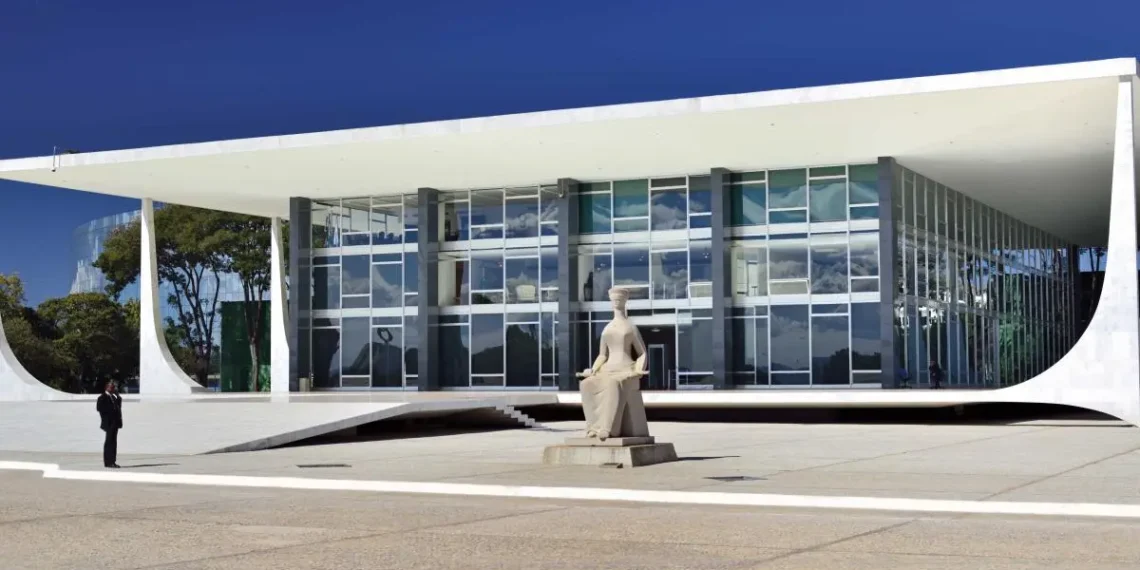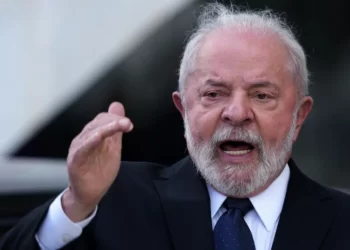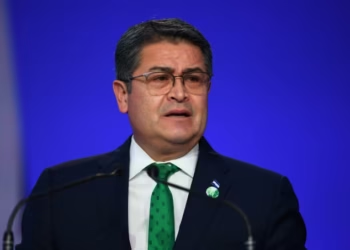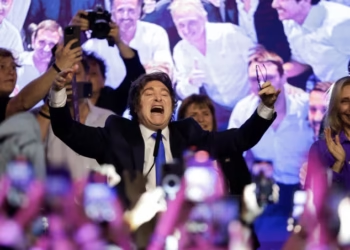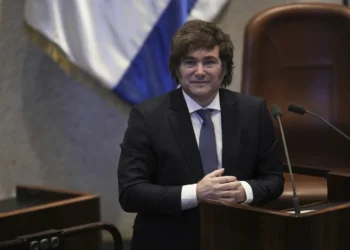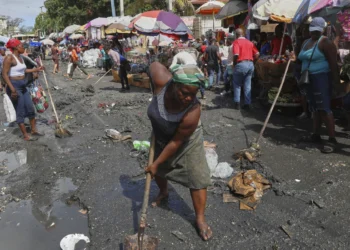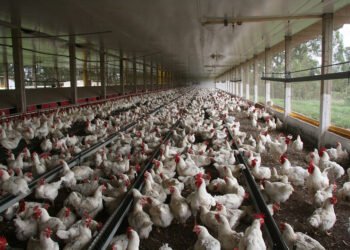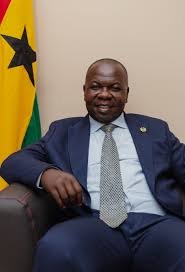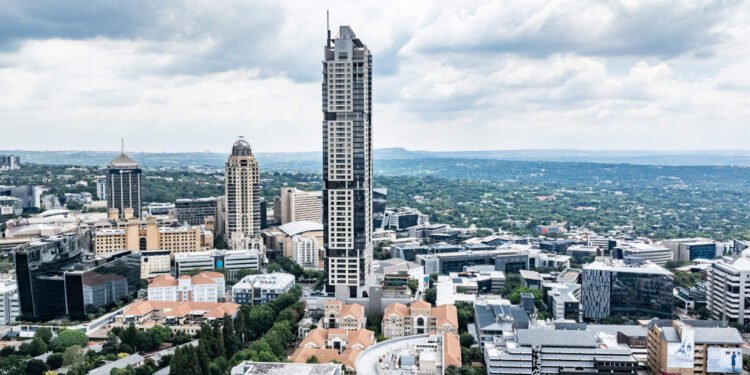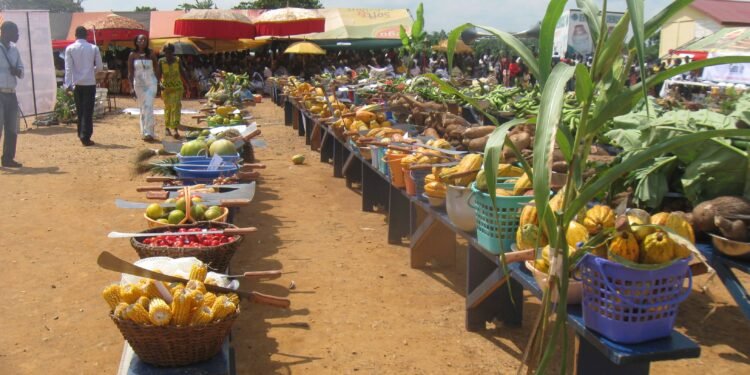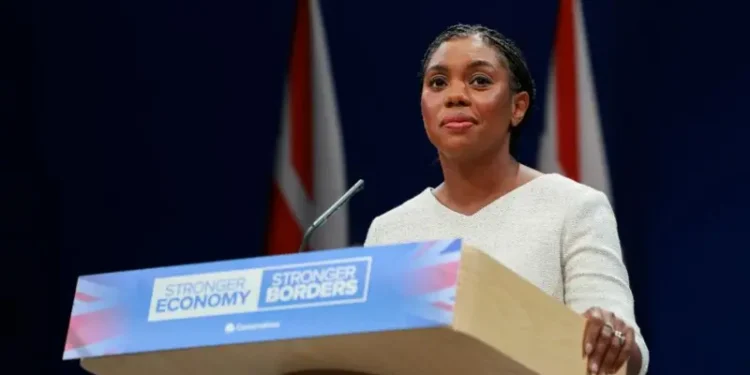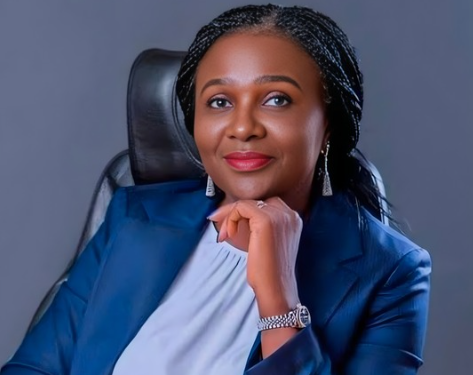Brazil’s Supreme Court is set to convene on Tuesday to determine whether former President Jair Bolsonaro and several close associates will face trial on multiple criminal charges, including an alleged attempt to stage a coup. The high-stakes decision could have profound implications for the country’s political landscape.
Prosecutor-General Paulo Gonet formally charged Bolsonaro last month, accusing him of orchestrating a coup after losing the 2022 presidential election to his opponent, current President Luiz Inácio Lula da Silva. As part of the alleged plot, Bolsonaro and his allies were reportedly involved in discussions about poisoning Lula and assassinating Supreme Court Justice Alexandre de Moraes, one of Bolsonaro’s key adversaries.
“There is no shadow of a doubt that there are very clear elements” of crimes being committed, said Thiago Bottino, a law professor at the Getulio Vargas Foundation. “The current tendency is that there will be a criminal trial.”
Five justices of the Supreme Court, including de Moraes — who serves as the case’s rapporteur — will gather in Brasília to review the charges. If a majority votes in favor, Bolsonaro and his co-accused will officially become defendants in a criminal trial.
The allegations against Bolsonaro extend beyond the coup attempt. The former president and his alleged accomplices also face charges of participating in an armed criminal organization, attempting to violently dismantle democratic rule, causing damage through violent means, and defacing state heritage sites.
Bolsonaro, who has consistently denied any wrongdoing, claims that he is a victim of political persecution. Nevertheless, legal experts believe the charges are likely to be upheld. If convicted, Bolsonaro could face up to 12 years in prison for the coup charge alone. Combined with the other offenses, his sentence could extend for several decades.

Investigation of Bolsonaro’s Associates
In February, Gonet filed charges against a total of 34 individuals. On Tuesday, the Supreme Court will decide whether to formally prosecute eight of them, including former Defense Ministers Walter Braga Netto and Paulo Sérgio Nogueira, as well as ex-Justice Minister Anderson Torres. The remaining accused will have their cases reviewed at a later date.
Amid his legal troubles, Bolsonaro has been actively working to consolidate his political support. He staged a protest on Copacabana Beach in Rio de Janeiro on March 16, attempting to demonstrate his continued influence. However, turnout was significantly lower than anticipated. While organizers had hoped for a million-strong crowd, a monitoring project affiliated with the University of São Paulo, estimated the actual attendance at around 18,000.
Undeterred, Bolsonaro took to social media on Sunday, calling for another demonstration on April 6 on São Paulo’s Avenida Paulista. As with the previous protest, he and his supporters are expected to demand amnesty for those imprisoned over the violent January 8, 2023 riots, when Bolsonaro loyalists stormed the Supreme Court, Presidential Palace, and Congress — just one week after Lula was sworn into office.
Gonet has argued that the riots were a desperate last-ditch effort by Bolsonaro’s camp to cling to power. Bolsonaro, a former military officer with a history of praising Brazil’s 1964-1985 military dictatorship, frequently challenged the country’s judiciary throughout his presidency from 2019 to 2022.
His political career has already taken a major hit. Brazil’s top electoral court has banned him from running for office until 2030, citing abuse of power and repeated attempts to cast doubt on the nation’s electronic voting system.
As such, Bolsonaro’s future now hangs in the balance. If the Supreme Court justices accept the charges, he will face a criminal trial that could further cement his fall from political power. Meanwhile, Brazil continues to grapple with the deep divisions left in the wake of his controversial presidency.
READ ALSO: National Security “Secrecy” Fuels Ghana’s Cyber Fraud

